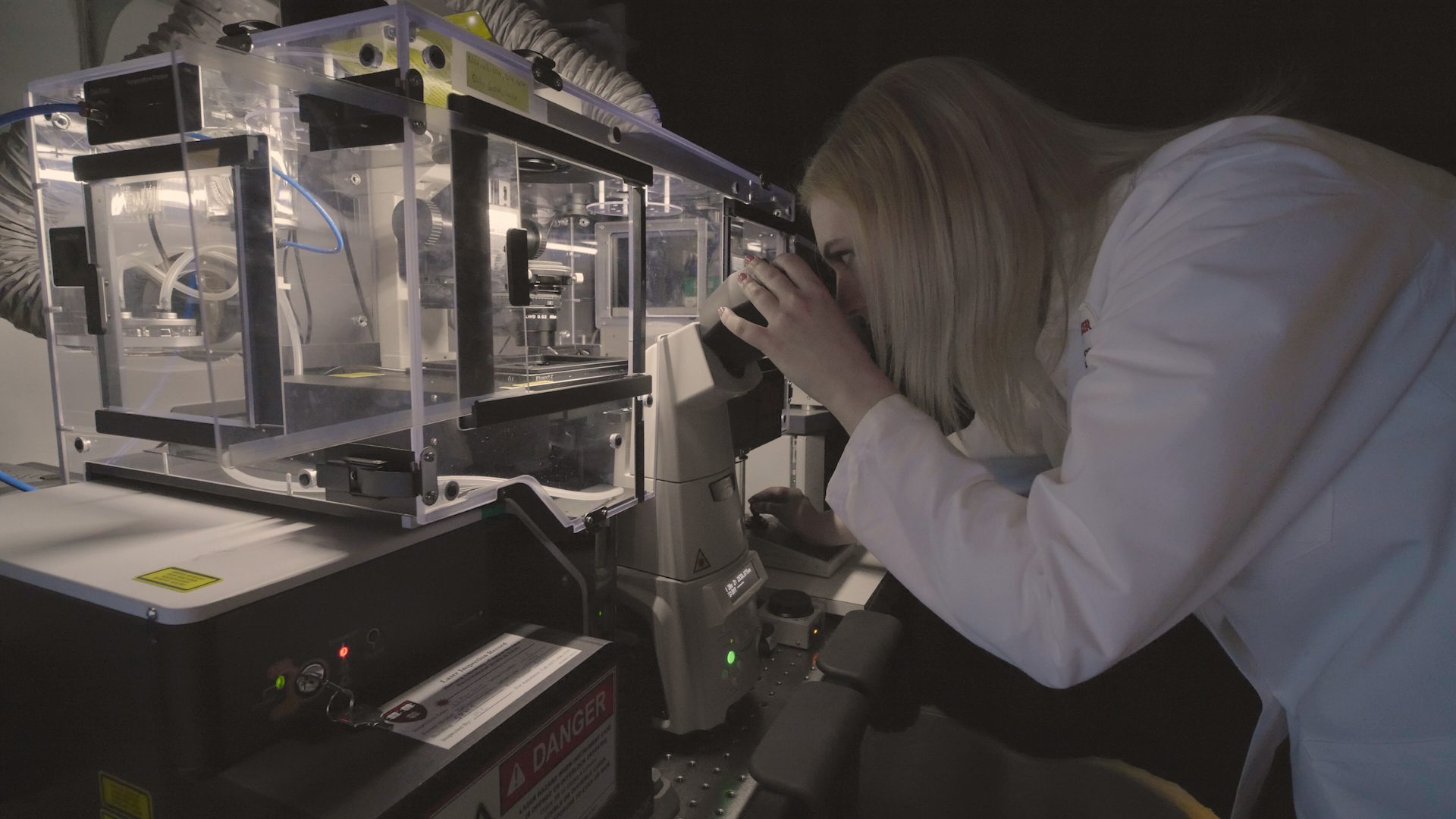
Breakthrough T1D is funding work on multiple ways to delay or prevent the onset of type 1 diabetes (T1D). This team thinks fat tissue may hold a key to this research.
Kacey Prentice, Ph.D., works with other researchers in the Hotamisligil Lab at the Harvard T.H. Chan School of Public Health. There, she is helping to study the interactions between metabolic and immune responses, to learn more about their role in producing chronic diseases like T1D. When researchers better understand these connections, they can work more efficiently toward paths to prevent T1D.
Please join us for an inside look at the fourth video in our seven-part series—Inside the Lab at Boston—as Dr. Prentice shares how she and her colleagues work with the larger Boston T1D research community to move our understanding of the disease forward, as well as how she and her colleagues hope to make prevention of T1D a possibility sooner rather than later.
If you haven’t seen the other featured videos in this series already, don’t miss out. See how scientists are collaborating to expedite the process of finding cures:
- Boston: A Global Leader of Type 1 Diabetes Research is an overview of the leading scientists and institutions for T1D investigations in Boston and Breakthrough T1D’s role in shaping and supporting this research.
- Beta Cell Therapies: Replacement Research in Boston looks at the collaborations and skills that researchers in Boston are using to tackle the complex task of replacing beta cells in people with T1D.
- Beta Cell Therapies: Regeneration Research in Boston asks: Can we internally regenerate and protect existing beta cells, and therefore find cures for T1D?
Then join us again in December, when we feature videos about Immune Therapy, Kidney Complications and Eye Complications.
Funding prevention research is critical in our mission to find cures for T1D. Please consider donating today, and Breakthrough T1D will help turn type 1 into type none, with your support.